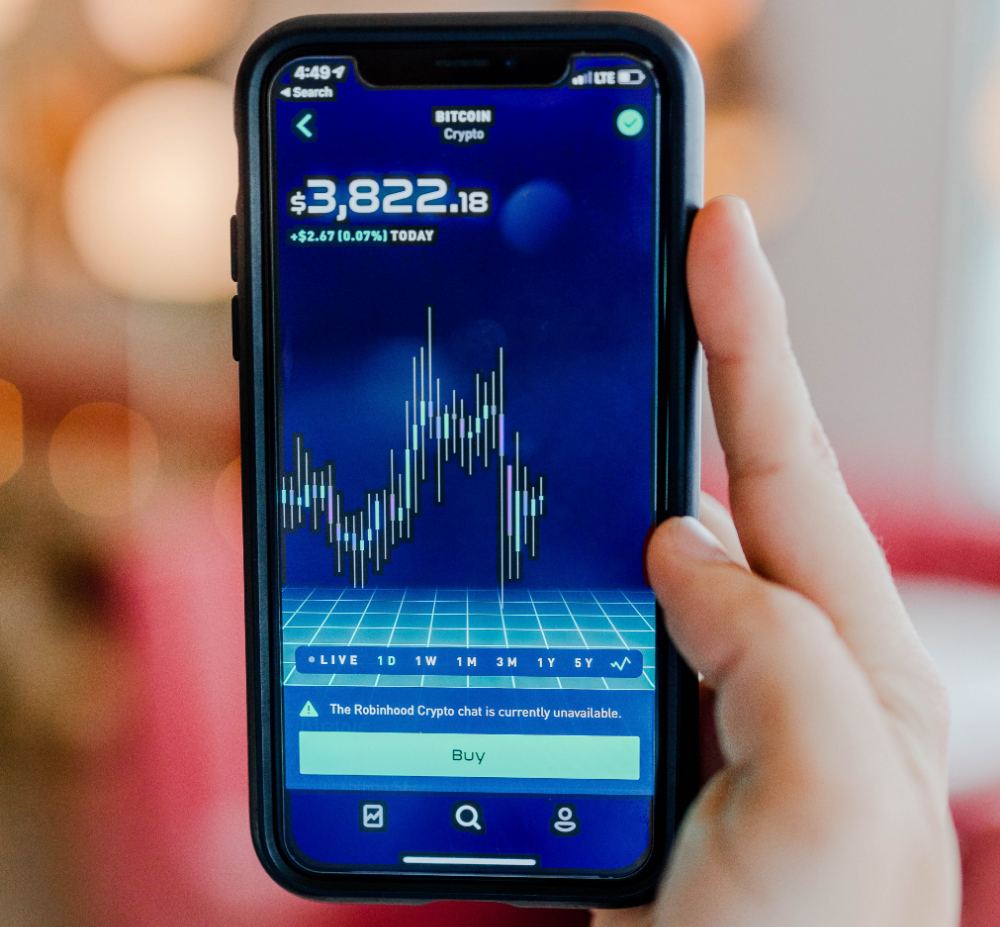Hundreds of fintech companies offer us shiny new data-driven applications that have improved our lives and changed our economy. You can hail a ride, shop or even find love with slick mobile applications. Several new digital services such as Uber and Netflix have upended whole industries and disrupted entrenched businesses that failed to adapt. One sector ripe for a shale-up, especially in the West, is in banking and finance.
While fintech innovation surges ahead, many traditional banks are slow to change their outdated systems. Better design and UX go a long way to attracting users. New avenues for mobile-only banks and payments apps are opening up and starting to undermine the traditional banking world. Nowhere is this more apparent than in Asia. Over a billion users tap into their mobile devices to send and receive money, shop, and pay bills. Nearly half of Americans do the same.
Get our e-book about Micropayments for free!
Find out how micropayments work, how they can benefit your business and what their predictions are for the future.
Big tech is starting to borrow from the Asian payments giants such as Alipay and WeChat Pay. Apple and Facebook are developing ways to integrate payments in their devices and social media accounts. Bringing these services together can create tap into the benefits of mobile fintech innovation. To keep up with global trends, payments apps should seize the opportunity for better mobile fintech apps. Here’s a list of five fintech apps taking over the payments landscape.
5 fintech companies you should watch in 2020
Table of contents:
Intelligent Payments
Based in Gibraltar, Intelligent Payments Group is a payments gateway provider that works with hundreds of merchants to create secure, customized, and flexible online payment solutions. The core company competencies include building omnichannel payments platforms, deploying fraud management, and analyzing business intelligence data for improved business strategies.
One of its main features is a recurring payments feature that Intelligent Payments Group offers merchants who use the platform.
Coinbase
One of the biggest fintech companies on the list is the cryptocurrency exchange Coinbase. Users can buy and trade thousands of cryptocurrencies such as bitcoin and ethereum. Founded by Brian Armstrong and Fred Ehrsam, it broke the $1 billion USD barrier in 2017. Blockchain technology is especially disruptive in the fintech sector for facilitating cross-border payments and remittances. Facebook’s Libra cryptocurrency promises to bank much of the world’s unbanked population who have better access to mobile phones than to physical bank branches.
CloseCross
Based in the UK, CloseCross offers a transparent derivatives trading platform based on the Ethereum blockchain. The company hopes to democratize investing by making it easier and more user-friendly for the average investor. A seamless UX opens investing to everyone through cryptographically secure transactions. The decentralized application enables users to view other viewers’ behavior during the ETF stage.
Revolut
Mobile-only bank Revolut makes transferring money across borders simple by offering competitive currency conversion rates. Users can convert funds into 29 currencies in the app and withdraw into 120 currencies. The easy-to-use mobile app and card make it especially popular for frequent travellers and expats.
Mint
Mint helps consumers budget and track their income and expenses. By bringing accounts and bills into one place, the app helps users visualize spending and make smart financial choices. With over a million users, the app tracks user spending and generates a credit score. Intuit acquired the company in 2009 three years after founder Aaron Patzer launched the company.
Conclusion
This list is a small sampling of the fintech companies replacing banks in people’s everyday lives. One common thread throughout them all is that they bring services once reserved for a physical bank into the hands of consumers. Many tasks are automated and fill the gaps traditional banks leave. Innovative solutions to many of the industry’s inefficiencies is an opportunity for those looking to upend finance.




